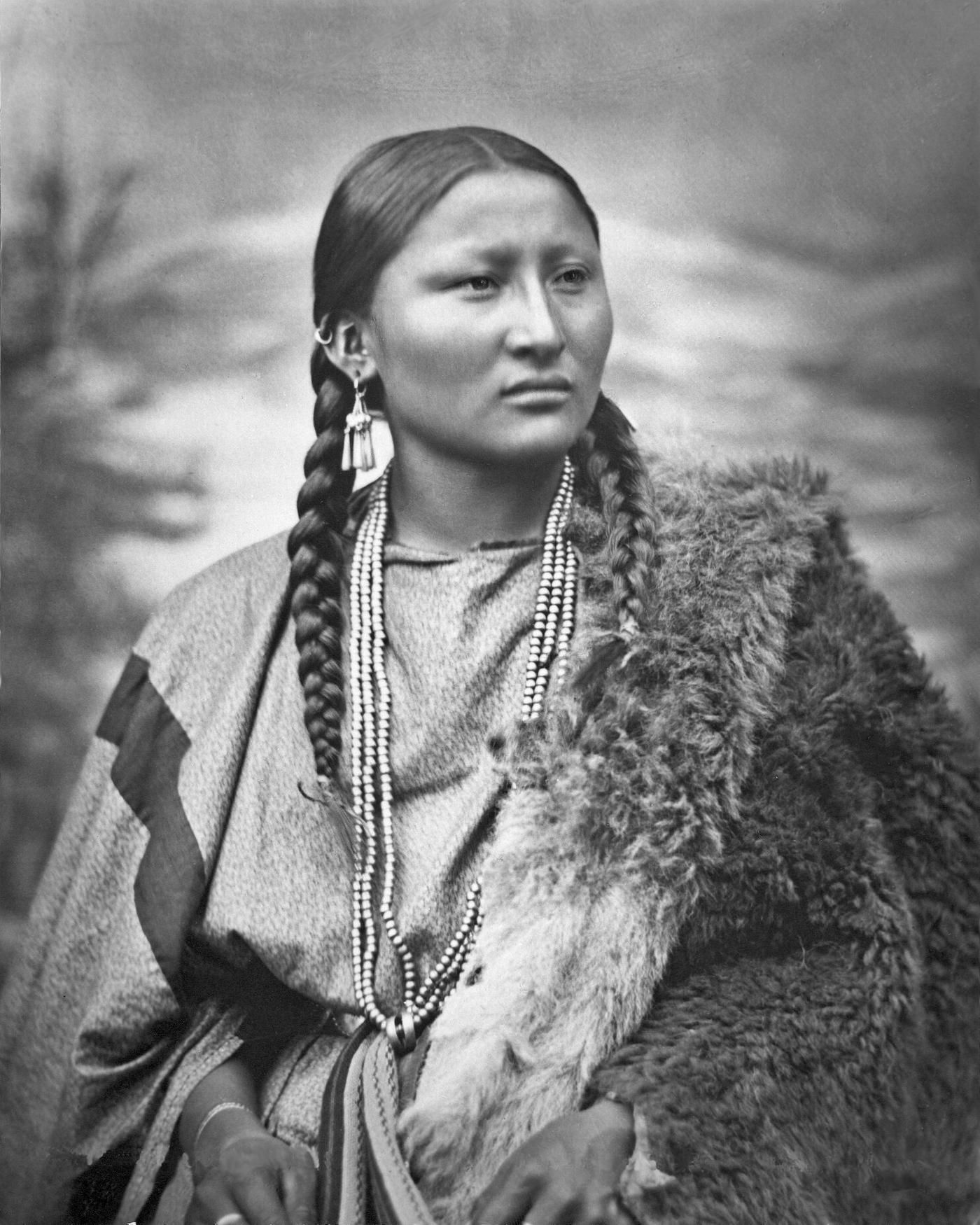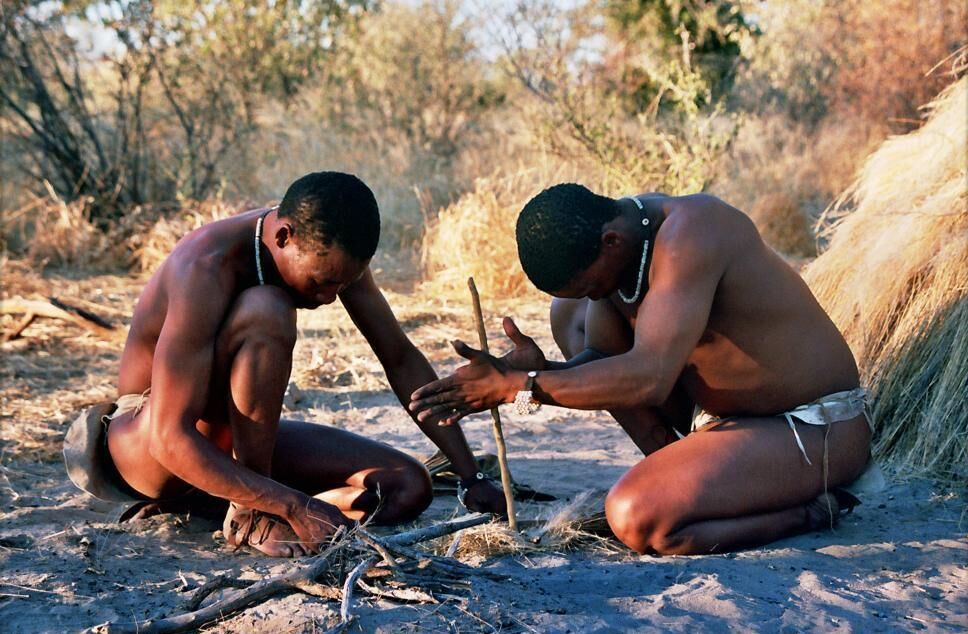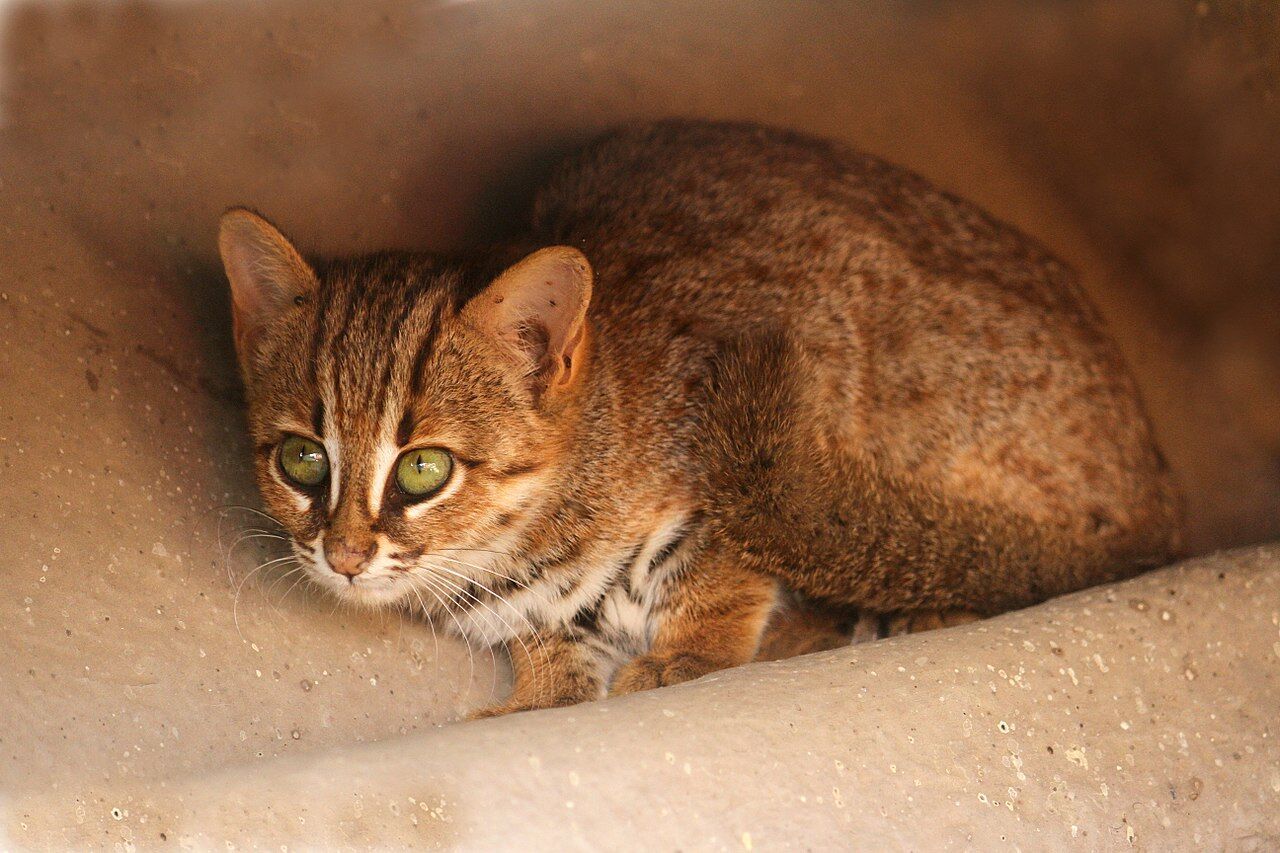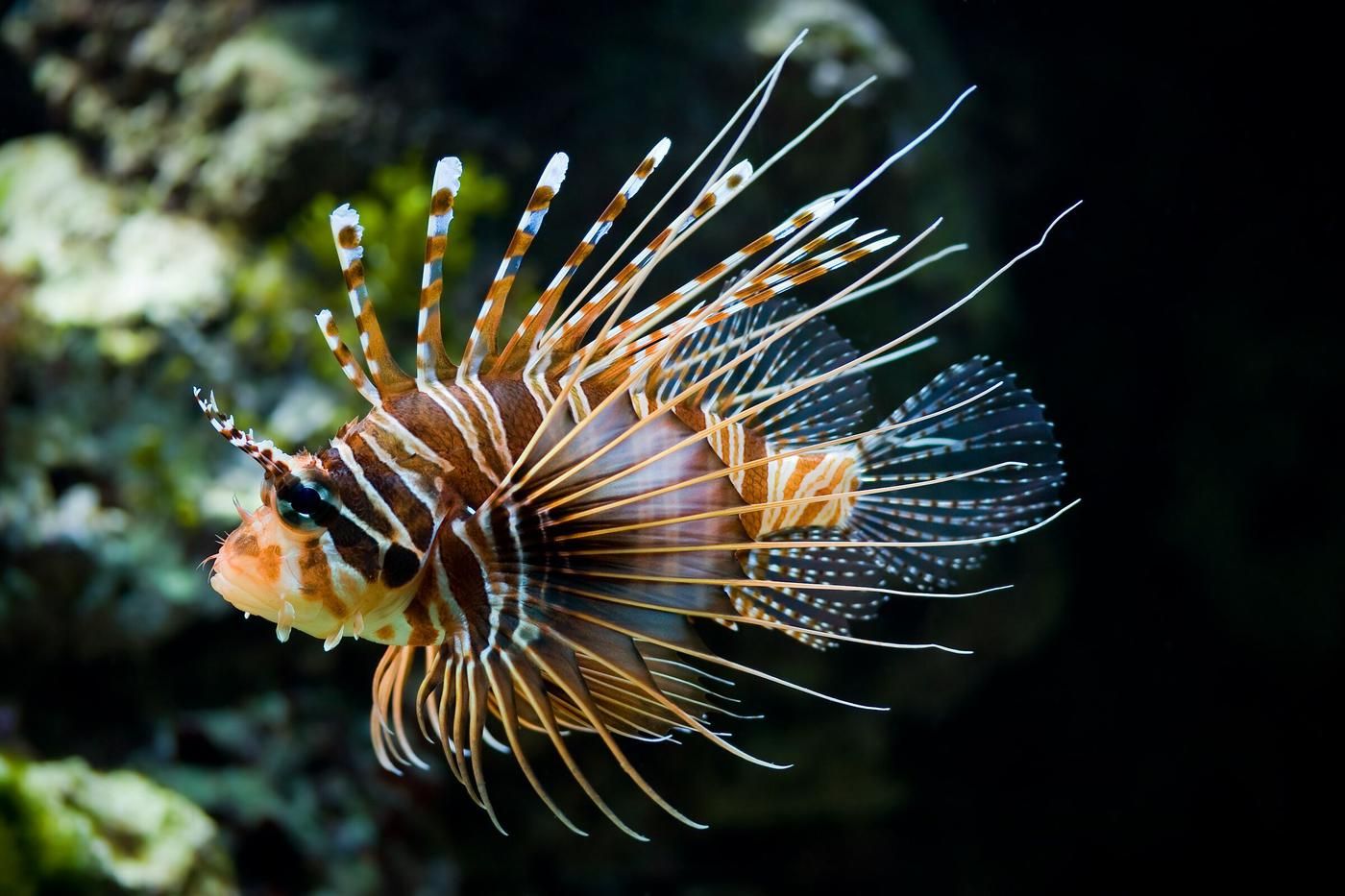Pocahontas, The Uncontacted Amazon Tribes and More!
- Diana Nacy
- Articles
- 3 minutes (616 words)
Remember when John Smith first met Pocahontas and how they couldn’t communicate at first, because they came from two different cultures. We’ve come a long way since then. Because with the invention of internet and globalization, in general, the whole world has become more or less a melting pot resulting in us losing a part of our identity. Not for all of us though, because while you’re about to read about a group of uncontacted, isolated groups, they on the other hand have no idea of who you are, what you do and how your daily life looks like.
In different continents, but mainly in the rainforests of Brazil and Latin America, there are tribes of uncontacted people. Indigenous people or Indians as Columbus and his folk thought them to be. However what most of us don’t know is that they’re not just a bunch of people who share a simple (or maybe not simple ) lifestyle. They are actually different nations with distinct cultures, languages, customs, diets and way of living. In the U.S. alone three different nations are recognised; the Hopi people, Chickasaw people and Shinnecock people. Unfortunately, less is known about the other nations, because of the multiple genocides that those folk had gone through.
“They [the indigenous people] should be good servants and intelligent, for I observed that they quickly took in what was said to them,”-Christopher Columbus
If it wasn’t for Columbus or John Smith, it would had been for someone else who’d make that first contact with the New World. Maybe less disastrous, though. When the explorers came to the America’s they brought a lot of misery, guns, colonisation and disease. Nowadays they’re more in danger than ever before; talking missionaries, tourists and settlers, drug dealers and gangs. This intrusion led those groups to grow more isolated and aggressive if their territory gets trespassed.
While little is known about those groups. We do, however, know that they have different lifestyles; while some of them are nomadic hunters and gathers who are always on the move, others are more settled and prefer to self-made houses and harvest their own crops. They even make their own equipments from woods or other materials.
To preserve their authenticity, foundations like FUNAI were established. FUNAI, the National Indian Foundation, is a Brazilian governmental protection agency for Indian interests and their cultures. FUNAI has been concerned with the diminished numbers of these groups. While some groups consists of about 300 individuals, other are teetering on the edge of extinction with just a handful of individuals left. Cattle ranchers is one of the biggest dangers for the indigenous people. In 1995 a whole tribe was massacred after their territory was destroyed by cattle ranchers. But also an influenza virus could be fatal for them; while isolated from the rest of the world, they didn’t develop immunity to viruses that we’ve been in contact with for years now. Colonists, drug dealers, loggers and bulldozing roads are also examples of threats that would be disastrous to these people. Foundations like FUNAI are trying for years to offer protection to these fragile folks, but since their territories are in most cases unknown it’s difficult to do so. Also, the inability to communicate is another obstacle. Most tribes even refuse to make contact by hiding deeper in the undergrowth.
Between respecting their wish to be left alone and the will to help them, FUNAI and other interested foundations are torn apart. Treating them as cultural treasures or leaving them for their own fate. After all, contacting them would ask much more than singing “Colors of The Wind”.

Arapaho woman

Bushmen


Comments
Log in to read and post comments